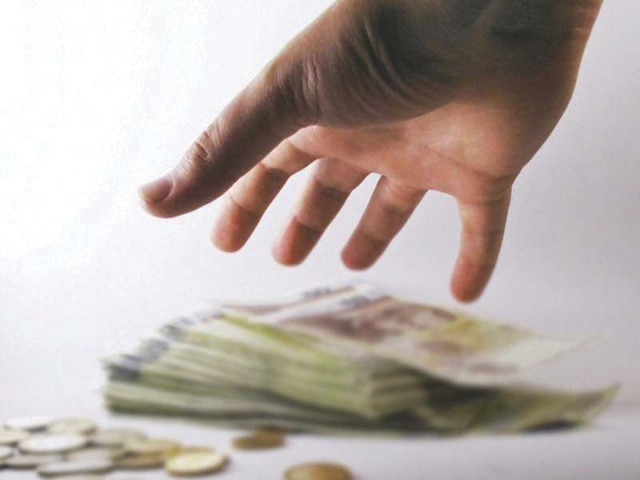Pak-China trade: Exchange of customs data vital to curb under-invoicing
Lack of main-framing responsible for industry’s collapse

Chinese embassy in Islamabad reported figures on Pakistani imports over the past two decades have a yawning difference with the data reported by the local institutions. PHOTO: FILE
The 5th meeting of the 2nd phase of negotiations for China-Pakistan Free Trade Agreement (FTA) was held in Islamabad on August 3-5. Tax reduction, exchange of customs data, quarantine measures along with inspection against some products imported from Pakistan was negotiated.
Hopefully, the next round would be on exchange of data on imports into Pakistan. This data will help the litigants in Pakistan before the National Tariff Commission to prove the actual over-imports from China that are damaging the local industry.
This cannot be accomplished without proving that excess amounts of products are being imported and resultantly, damaging the industry.
Read: Pakistan wants zero tariff on 70% items
For instance, the best Pakistani seamless pipe producers have been forced to operate under capacity levels not by their competitors but by importers, whose consignments could fall under the category of smuggling if it is proven that they commit dumping.
Anti-dumping laws in Pakistan are strict enough to discourage such smuggling, but winning cases of dumping claims is difficult without official data on imports.
So far, the Chinese and Pakistani customs data cannot be reconciled. That is because of under-declaration both in quantities and prices.
Such under-declaration is committed with the help of customs staff, to steel duties and taxes on consignments from foreign lands.
Countries with which Pakistan shares its customs data could help reveal cases of under or mis-declaration. With China, Pakistan is yet to start such sharing and reconciliation.
Experts and customs operators, who know this situation, view the present Pak-China trade as the most suspect part of the world trade.
Under-invoicing is rife with regards to stealing duties and taxes, while the immediate reconciliation of data on consignments between China and Pakistan is impossible because of a lack in exchange of data.
They find the lack of main-framing of Pak-China trade as the real source of Pakistani industry’s collapse. Some of them even say that foreign investment is discouraged by this menace in Pakistan. And this menace is impossible to remove without exchange of data.
Ironically, the NTC has never asked for data reconciliation. No other institution in Pakistan can be motivated to ask for it, as it is the NTC where officials receive and hear numerous complaints against Chinese exports to Pakistan’s under-invoicing.
The difference in data is so grave that the Chinese embassy in Islamabad reported figures on Pakistani imports from China over the past two decades that have a yawning difference with the data reported by the Pakistani institutions.
The big question
Can the two countries take steps fast enough to protect Pakistani industry from total collapse?
Can they remove the curse of data discrepancy?
One answer to this from the knowing quarters is that the Pakistan customs makes a lot of dirty money from under-invoicing; therefore it might not initiate a fast-track reconciliation process.
I know certain businessmen who have met Finance Minister Ishaq Dar, Minister for Planning and Development Ahsan Iqbal and even the Prime Minister. Even the high-ups could not get the anti-dumping authorities to quicken the process of getting the anti-dumping modules for data reconciliation.
Read: FTA with China: Pakistan offers to scrap duties on 50% of products
If the customs authorities are shy of such reconciliation modules, no power in Pakistan can force them to behave in a decent manner. Businessmen are forced to run from pillar to post in search of justice without success.
The writer has worked with major newspapers and specialises in analysis of public finance and geo-economics of terrorism
Published in The Express Tribune, September 21st, 2015.
Like Business on Facebook, follow @TribuneBiz on Twitter to stay informed and join in the conversation.



















COMMENTS
Comments are moderated and generally will be posted if they are on-topic and not abusive.
For more information, please see our Comments FAQ